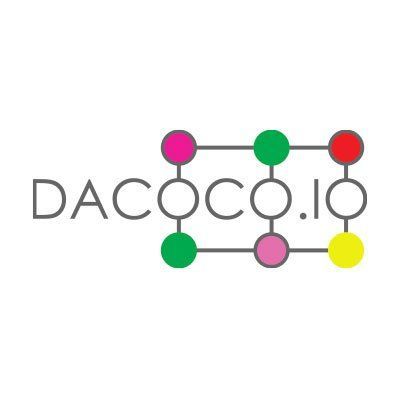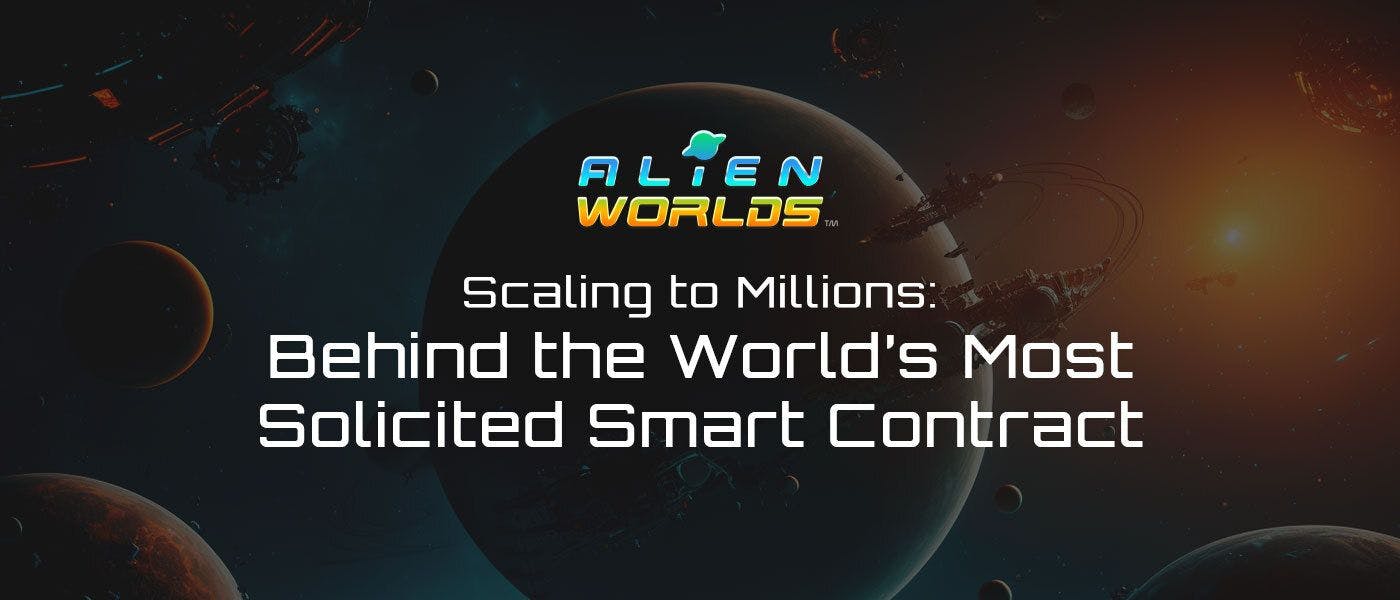495 reads
Scaling to Millions: Behind the World’s Most Solicited Smart Contract
by
June 6th, 2023
Audio Presented by

Dacoco is the primary contributor of http://AlienWorlds.io, the world's largest blockchain metaverse. https://dacoco.io
About Author
Dacoco is the primary contributor of http://AlienWorlds.io, the world's largest blockchain metaverse. https://dacoco.io
